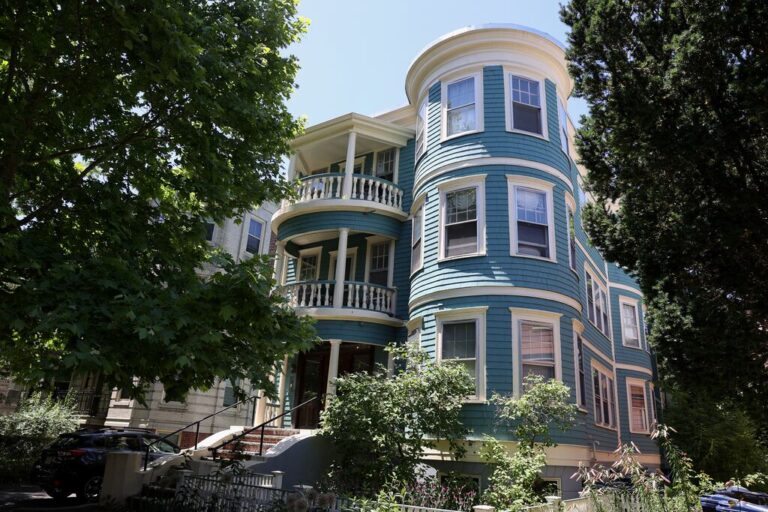Now it’s a trifecta.
The Cambridge City Council this week passed a call for a ban on mandatory tenant-paid broker fees, joining renter-heavy neighbors Boston and Somerville in pressuring state lawmakers to end the practice for good.
If they had it their way, the days of landlords requiring prospective renters to pay for the services of a real estate broker in Cambridge — often a full month’s rent, due up front — would be over.
“Housing in Cambridge is incredibly expensive, and the broker’s fee adds an additional cost on top of that,” said Jivan Sobrinho-Wheeler, who was among the nine councilors who voted unanimously to pass the petition. “We have a vast number of people who are struggling to afford to live here, who have gotten priced out of the city and had to move elsewhere.”
But it’s not that simple. For the cities to enact the bans, the petitions need to first be approved by the state Legislature.
The odds of that happening may be slim, as lawmakers have in the past been reluctant to approve city-by-city changes to rules on how housing is sold and leased.
Renters hate to pay broker fees. Could this be the year those fees go away?
Still, as momentum on curbing the compulsory fees builds, an update statewide to the widely despised-by-renters system may be on the horizon.
The proposed 2025 budgets from the House, Senate, and governor‘s office all include language designed to address the fees.
“Renters shouldn‘t be on the hook for paying a broker that they didn‘t hire,” Governor Maura Healey’s spokesperson Karissa Hand said in a statement. “We appreciate the Legislature’s review of our proposal.”
Healey said earlier she believes the mandatory fees should be “abolished.”
How that will look in practice has yet to be decided.
Language in the Senate’s proposed budget would put the burden of paying a broker on whoever hires them, which is usually the landlord.
This, said Senate President Karen Spilka in a speech Wednesday, is to ensure “that renters are not unfairly burdened with unexpected and extraordinary costs.”
The budget proposed in the House is different, and would set new rules, but still allow landlords to put tenants on the hook for the fees if tenants themselves contact the broker, if they receive a fee disclosure form, and if they agree in writing to terms requiring that they pay. Critics, including those at the Massachusetts Law Reform Institute, have raised concerns that this would mean using widely utilized rental listing sites would count as contacting a broker, creating what they frame as a major loophole for landlords that would dilute the impact of the law.
If you want this Boston apartment, you’ll have to get past this 22-year-old — and pay him thousands
Defenders of the practice argue that the way broker fees are set up in the region is working to keep the process of leasing an apartment going smoothly and legally, and ensures that the professionals who manage the Boston area’s rapid churn of rental units are paid fairly. If lots of small-time landlords had to pay brokers themselves, they might opt not to hire one at all, which the industry has said could cause chaos. Or, landlords could simply pass the cost of a broker on to tenants with higher rents.
But pressure has mounted lately, especially after a ban on making tenants pay the fees passed last year in New York City, one of the few other places where it is as common. That law is set to take effect in June, if it isn’t stopped by a lawsuit from an industry group.
Other Massachusetts cities have recently mulled petitions for bans of their own. Northampton last month passed its latest request to ban the fees, after earlier failing to get state approval. Salem‘s City Council is considering doing the same.
‘The numbers should work, and they just don’t’: Is Cambridge’s affordable housing rule backfiring?
Change can‘t come here quickly enough, say supporters, who say the fees add to the already sky-high cost of housing in much of the state.
In Cambridge, an average one-bedroom apartment rents for $2,850 a month, according to Zillow. So tenants who have to pay a one-month fee, on top of first and last month’s rent and a security deposit, can be required to hand over $10,000 or more just to secure what could be a modest apartment.
“I’m hoping that one way or another that forced broker’s fees will no longer be a thing by the end of the year,” Sobrinho-Wheeler said. “In most cases, it’s the landlord who hires the broker to advertise their apartment. It should be the property owners paying the broker’s fees in those cases.”




Comment count: